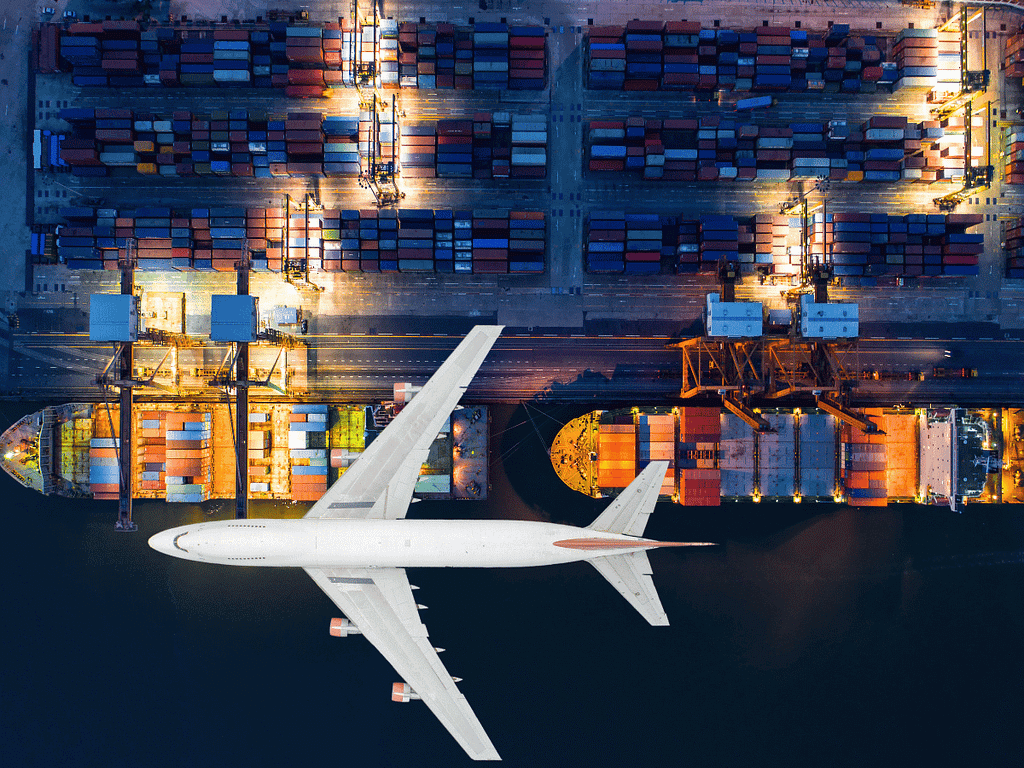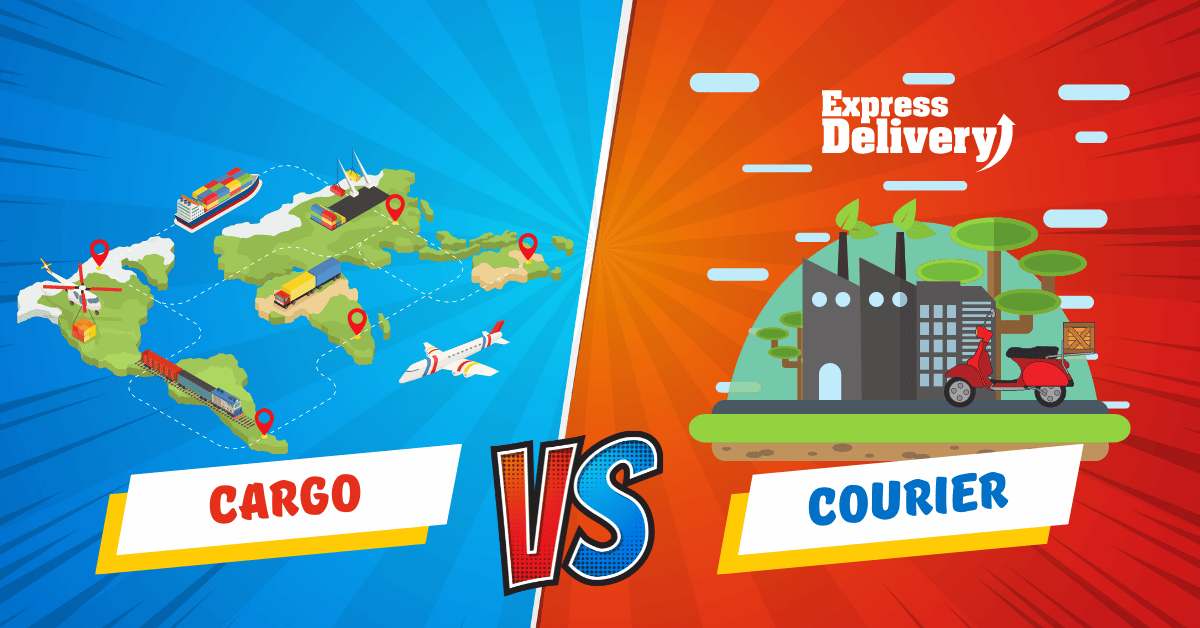When it comes to delivering a product to another location, cargo, and courier are two of the most popular options. Cargo and couriers are responsible for transporting a product to its destination. Before we go into the elements that distinguish the two, let’s look at what they signify, why they’re preferred, and how they work.
What is cargo?
Cargo refers to both the transportation firms and the things that will be conveyed. Cargo transportation is done in bulk, using more than one product. These products can be goods, equipment, supplies, or other related items. Depending on where the goods come from, the way they are transported to the delivery address may differ.
Cargo transport is done by land, road, air, and water. The transportation service charge varies according to the city/distance or the size and weight of the product to be transported. Cargo takes into consideration the safety of goods and products.

Transportation types of cargo:
- Marine: Seaports deal with a wide range of freight transit. This is used to transport bulk cargo/goods such as salt, oil, scrap metal, and so on.
- Air: These are also known as air freight and are quite popular. Aircraft like the Boeing 747 and the An-124 are designed for this purpose.
- Rail: Trains can transport a greater quantity of products. They are used to transport cement, cereals, and other materials.
- Road: Trucks, which are commonly used by companies such as FedEx to convey freight.
What is a courier?

Courier is a popular mode of transportation, particularly in large cities. They transport little objects such as packages and paperwork. The fact that couriers are exceptionally fast advantages both individuals who wish to deliver packages during the day and businesses who need to deliver documents elsewhere. In addition to same-day courier service, international deliveries are offered. Courier parcels are usually small in quantity. They weigh between 0.5 to 30 kg and do not guarantee the non-occurrences of wear and tear. Courier services are probably useful for people who sell products online and want a shipping solution for bulk parcels. It offers both national and international shipping services. It also provides real time-tracking to know exactly where the shipments are.
What are the main Differences Between Cargo and Courier?
By comparing the differences, you may choose which one is best suited for the product to be delivered.
Courier-delivery products are lighter than cargo. When employing a courier, it is faster and safer to select a courier for small-sized objects weighing between 0-30 kg. Cargo may transport items of various sizes.
Cargo firms deliver their goods by road, air, sea, and rail, whereas couriers utilize pedestrians, motorcycles, bicycles, or other alternatives to avoid traffic bottlenecks.
While courier providers ensure that the supplied merchandise will arrive at the delivery destination as quickly as feasible, shipping operations take longer. Goods can be delivered by courier in less than 24 hours and up to two days. However, depending on the density, delivery time via courier might range from 3-4 days to 1-2 weeks.
When hiring motorcycle couriers, the courier price may be more than the cargo fee due to the shorter delivery time. The shipping price may be higher in circumstances when the merchandise is heavy.
Because the products are delivered in bulk, they may become worn or crushed. Because couriers transport products in small amounts or individually, product safety is more easily provided.
To summarize the distinctions between cargo and courier, couriers are typically used for the delivery of light, tiny packages, documents, or vital things that need to be transferred to another address quickly; cargoes are mostly used for the transportation of huge, heavy products in bulk across vast distances.

